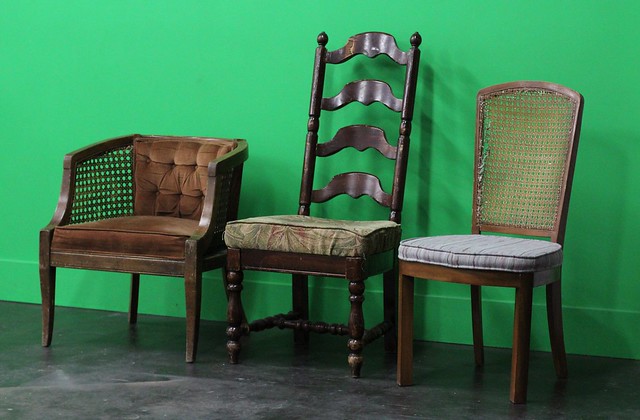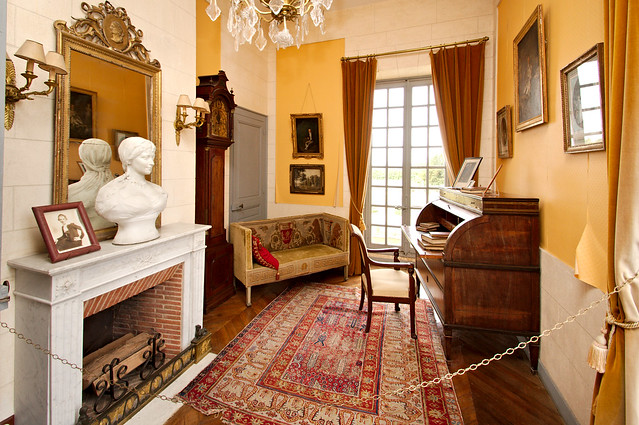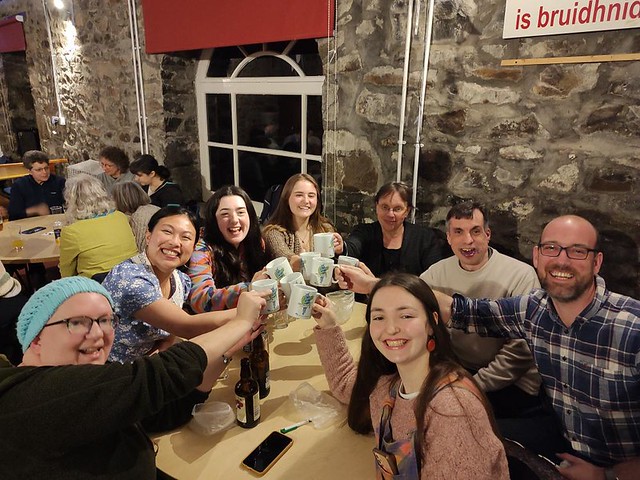Podcast: Play in new window | Download
In this episode we look into the Celtic roots of the word cream.
Cream comes from Middle English cre(i)me (cream, chrism [a mixture of oil and balsam]), from Old French cresme (cream), from Late Latin crāmum (cream), probably from Gaulish *crama, from Proto-Celtic *krammen (skin), from Proto-Indo-European (s)krama- [source].
Descendents in the modern Celtic languages possibly include:
- screamh = a deposit on surface, coating, crust, scum in Irish.
- sgrath [sɡrah] = bark, husk, peel, skin, crust in Scottish Gaelic
- scrooig = crust, incrustation, scab, slime, scale in Manx
- cramen [ˈkramɛn] = scab, sore, boil, crust, layer in Welsh
- kragh = scab in Cornish
- kramm = grime, filth in Breton
Other words from the same Proto-Celtic root include crème (cream, cool) in French, schram (scratch, scrape, graze) in Dutch, and creme (cream [coloured]) in German.
Incidentally, the Old English word for cream was rēam [ræ͜ɑːm], which comes from Proto-Germanic *raumaz (skin, film, cream), from PIE *réwgʰmn̥ (cream). A descendent of this word, ream, is apparently still used for cream in English dialects in northern England [source], and in Scots [source].
You can find more details of words for beaks, snouts and related things on the Celtiadur blog. I also write about words, etymology and other language-related topics on the Omniglot Blog.
Radio Omniglot podcasts are brought to you in association with Blubrry Podcast Hosting, a great place to host your podcasts. Get your first month free with the promo code omniglot.












